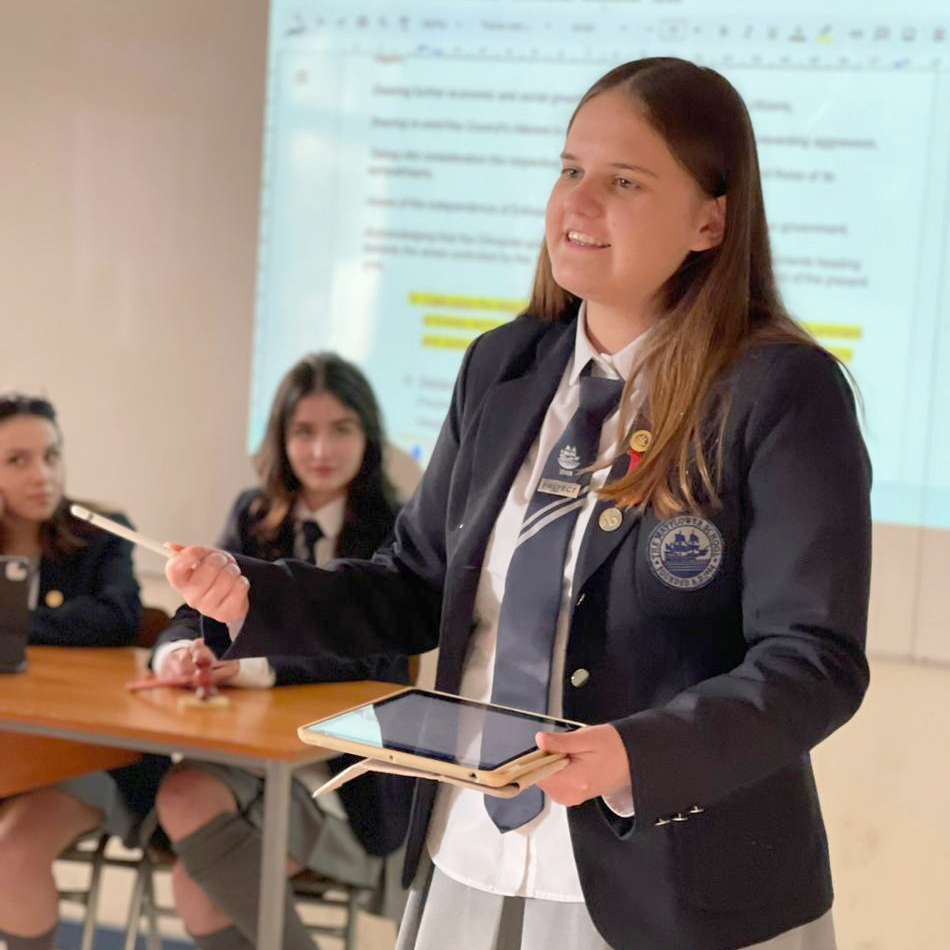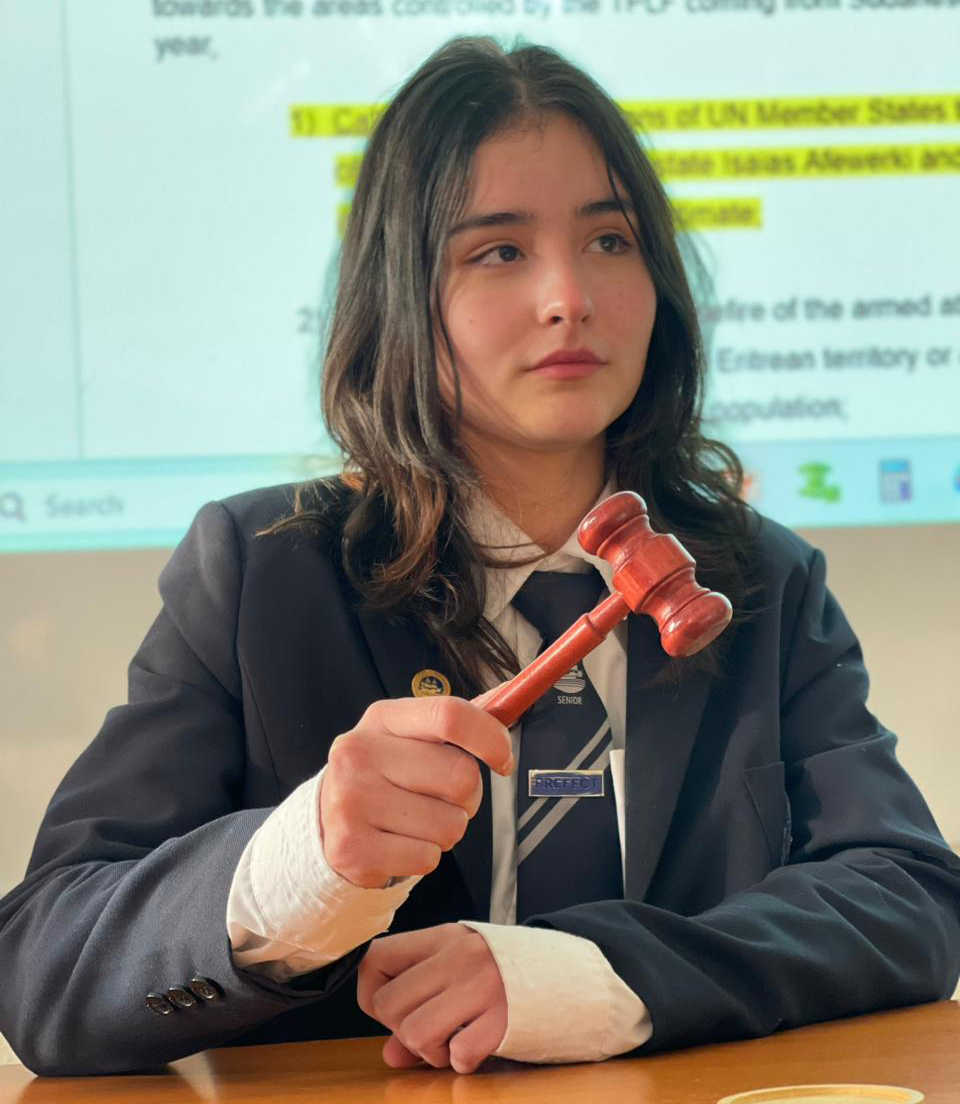
RESOURCES
Delegates
Rules of Procedure
- 1. Parliamentary Procedure:
- Motion Delegates: Propose actions or decisions during debates by making motions, such as to introduce a resolution or to amend a document.
- Point of Order: Delegates raise this to signal a rules violation during the meeting, seeking clarification or correction from the chair.
- Point of Parliamentary Inquiry: Delegates can use this point, at any time, to ask the Chair a question about the parliamentary procedure.
- Point of Personal Privilege: It is used to address personal discomfort or impediments, such as asking to close the windows or requesting that the speaker speaks louder.
- Point of Information: The chair will ask if the delegate is open to any points of information after a speech. If the delegate accepts, other delegates can raise their placards to ask questions regarding the issue and/or the speech.
- Yielding the Floor: After speaking, delegates yield the floor to allow others to speak, maintaining a balanced discussion.
- Amendment: Delegates can suggest changes to resolutions or documents through amendments, requiring approval through debate and voting.
Model UN conferences typically adhere to parliamentary procedure, a structured set of rules guiding how meetings are conducted. Understanding common parliamentary terms is crucial for effective participation:


- 2. Speaking Order
- Raising placards: Delegates raise their placards to indicate their wish to speak, waiting to be recognized by the chair.
- Addressing respectfully: When speaking, delegates should address the committee with respect, presenting their views clearly and concisely for effective communication.
Delegates must adhere to a designated speaking order established by the chair or committee leadership to ensure a structured debate. Key points include:
- 3. Resolutions:
- Preambulatory clauses: Introduce the issue and provide context.
- Operative clauses: Offer solutions and actionable steps to address the problem.
- Collaboration and consensus-building are crucial for resolutions to gain support and pass successfully.
Delegates collaborate in drafting resolutions that propose solutions to discussed issues. Understanding resolution formats is vital:


- 4. Voting:
- Procedural votes address rules and procedures, while substantive votes decide on the content.
- Delegates should know the required majority for resolutions to pass and participate actively in the voting process.
Delegates must comprehend the voting procedures for resolutions and amendments, distinguishing between procedural and substantive votes:
- 5. Caucusing:
- Delegates use caucuses strategically to gather support, exchange ideas, and form alliances to strengthen their positions during debates.
Caucusing permits delegates to engage in informal discussions outside formal debates, playing a significant role in negotiation and alliance-building:
- 6. Code of Conduct:
- Delegates are expected to exhibit respect, collaboration, and professionalism throughout the conference, including actively listening to others, refraining from disruptive behavior, and upholding decorum.
Adhering to the code of conduct is essential for maintaining professionalism and fostering a respectful environment:
